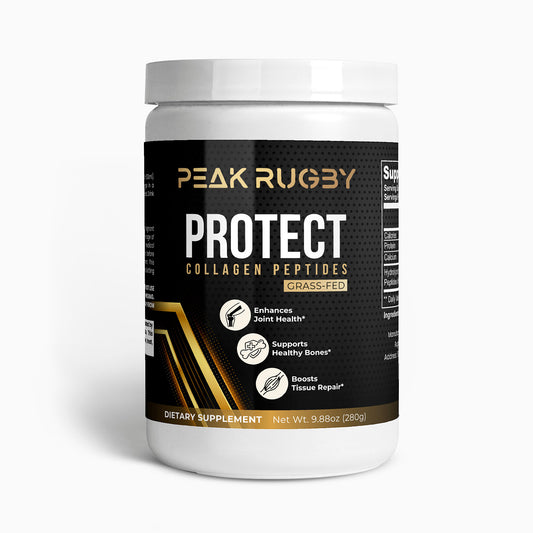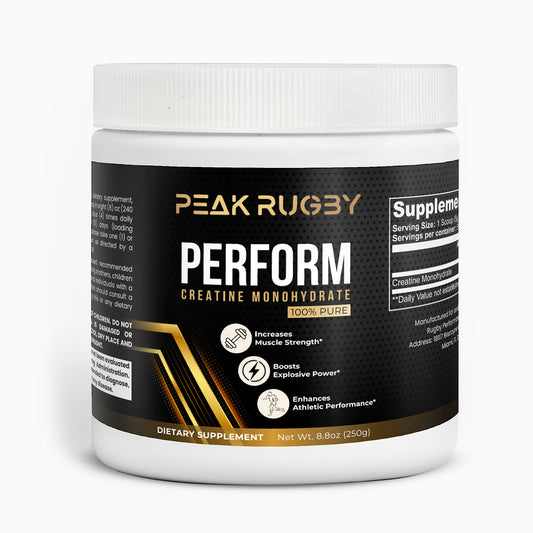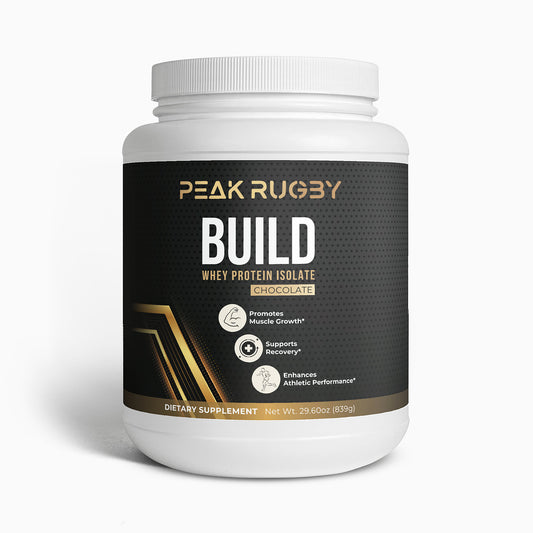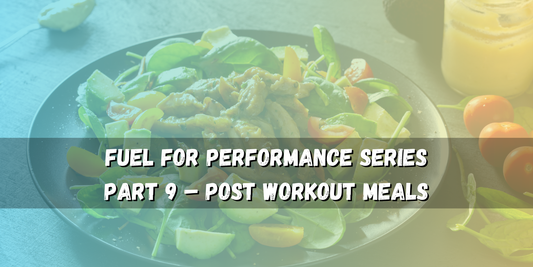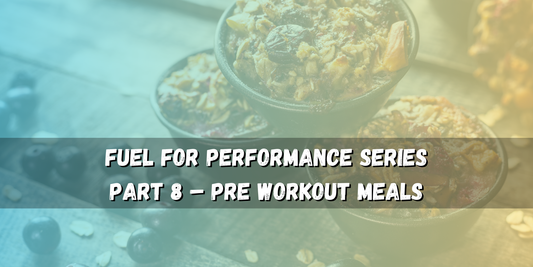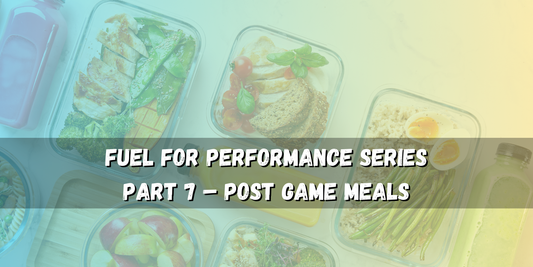Fats get a bad reputation—but for rugby players, the right kinds of fat are essential for recovery, brain function, and long-term performance. From joint health and hormone production to focus and decision-making, fats play a bigger role than most athletes think.
In Part 4 of the Fuel for Performance Series, we’re breaking down fats—why they matter, how they support the demands of the sport, and which sources belong in your rugby diet.
Here’s what else we’ve covered the series:
- Part 1: Breakfast – Boost Energy & Recovery
- Part 2: Hydration – Improve Endurance & Delay Fatigue
-
Part 3: Carbohydrates – Sustain Power & Stamina
- Part 5: Protein – Build Muscle & Repair Tissue
- Part 6: Pre-Game Meals – Maximize Energy & Avoid Fatigue
- Part 7: Post-Game Meals – Rebuild Tissue & Restore Energy
- Part 8: Pre-Workout Meals – Fuel Up & Train Strong
- Part 9: Post-Workout Meals – Recover & Build Strength
Let’s take a closer look.
WHAT ARE FATS?
Fats are one of the three macronutrients (along with protein and carbohydrates) that provide the body with energy. Unlike carbohydrates, which are a quick energy source, fats provide long-lasting fuel and play a crucial role in overall health.
There are three main types of fats:
- Unsaturated Fats (Good Fats) – Found in foods like avocados, nuts, seeds, and olive oil. These fats support heart health, reduce inflammation, and promote recovery.
- Saturated Fats (Neutral Fats) – Found in animal products like meat, dairy, and coconut oil. These can be beneficial in moderation but should not be over-consumed.
- Trans Fats (Bad Fats) – Found in processed and fried foods. These contribute to inflammation, slow recovery, and negatively impact athletic performance.
Now that we know what fats are, let’s discuss why they are essential for rugby players.

WHY FATS MATTER FOR RUGBY PLAYERS
1. Provides Long-Lasting Energy
Unlike carbohydrates, which provide immediate fuel, fats offer a slow-burning, sustained energy source—perfect for endurance and long rugby matches. Fat is especially important during lower-intensity training sessions when glycogen stores don’t need to be used as quickly.
2. Supports Recovery & Reduces Inflammation
Healthy fats, particularly omega-3 fatty acids, help reduce inflammation and muscle soreness after intense training. This speeds up recovery and allows players to train harder and more frequently.
Best anti-inflammatory fat sources:
- Fatty fish (salmon, sardines, mackerel)
- Chia seeds & flaxseeds
- Walnuts & almonds
- Extra virgin olive oil
3. Promotes Joint Health & Injury Prevention
Rugby is a high-impact sport, and maintaining joint health is crucial. Fats help lubricate joints and reduce stiffness, keeping players mobile and resilient.
Foods that support joint health:
- Avocados
- Omega-3-rich fish
- Nuts and seeds
4. Enhances Brain Function, Rugby IQ & Decision-Making
Rugby requires quick decision-making, coordination, and focus. Healthy fats, especially MCT oil and omega-3s, support cognitive function, reaction times, and overall mental clarity on the field. MCT oil (Medium-Chain Triglycerides) is a rapidly absorbed fat source that provides instant brain fuel, helping with mental sharpness, focus, and decision-making under pressure. This makes it an excellent addition to a rugby player’s diet.
Best fats for brain function & rugby IQ:
- MCT oil (found in coconut oil)
- Fatty fish
- Nuts (almonds, walnuts, cashews)
- Dark chocolate (85%+ cocoa)
- Coconut oil
HOW TO OPTIMIZE FAT INTAKE
1. Prioritize Healthy Fats for Sustained Energy
Rugby players should consume unsaturated fats for steady energy and overall health.
Best sources of healthy fats:
- Avocados
- Extra virgin olive oil
- Nuts & seeds
- Fatty fish
2. Consume Omega-3s & MCT Oil for Recovery & Brain Power
Since rugby is a high-impact sport, omega-3 fatty acids and MCT oil are essential for reducing inflammation, supporting joint health, and maintaining focus under fatigue.
Best omega-3 & MCT sources:
- Salmon, mackerel, sardines
- Chia seeds, flaxseeds, walnuts
- MCT oil (coconut oil, MCT supplements)
3. Avoid Trans Fats & Processed Oils
Trans fats and highly processed oils increase inflammation, slow recovery, and negatively impact endurance.
Foods to avoid:
- Fried foods
- Margarine & vegetable shortening
- Processed snacks & fast food
4. Incorporate Fats into Pre- & Post-Game Meals
Adding healthy fats to meals helps sustain energy and enhance recovery.
Pre-game meal ideas:
- Whole-grain toast + almond butter + banana
- Avocado toast + eggs + whole wheat bread
- Salmon + quinoa + steamed vegetables
Post-game recovery meals:
- Grilled chicken + roasted sweet potatoes + olive oil drizzle
- Whey protein shake (PEAK RUGBY BUILD) + flaxseeds
- Greek yogurt + walnuts + berries
COMMON FAT INTAKE MISTAKES TO AVOID
1. Eating Too Many Processed Fats
Consuming fried and processed foods leads to inflammation, sluggishness, and poor recovery. Stick to natural sources of fats.
2. Fear of Fats & Avoiding Them Completely
Many athletes avoid fats due to outdated myths about weight gain. However, healthy fats improve performance, energy, and recovery.
3. Over-consuming Saturated Fats
While moderate saturated fat intake is fine, excessive consumption from red meat, butter, and dairy can lead to inflammation. Balance is key.
FINAL THOUGHTS: FATS ARE ESSENTIAL FOR RUGBY PERFORMANCE
That wraps up Part 4 of our Fuel for Performance Series.
Healthy fats are crucial for:
- Energy
- Recovery
- Joint health
- Mental focus
MCT oil and omega-3s can enhance rugby IQ, quick decision-making, and sustained focus during matches. Understanding the difference between good fats and bad fats can take your rugby performance to the next level.
How do you incorporate fats into your rugby diet? Drop a comment below!
If you found this article helpful, don’t forget to:
- Like and share this post with your teammates and fellow rugby fans
- Bookmark the blog to stay updated on the next rounds
- Follow @gopeakrugby on X and Facebook and subscribe to our Youtube Channel for more rugby analysis, match recaps, and insights


